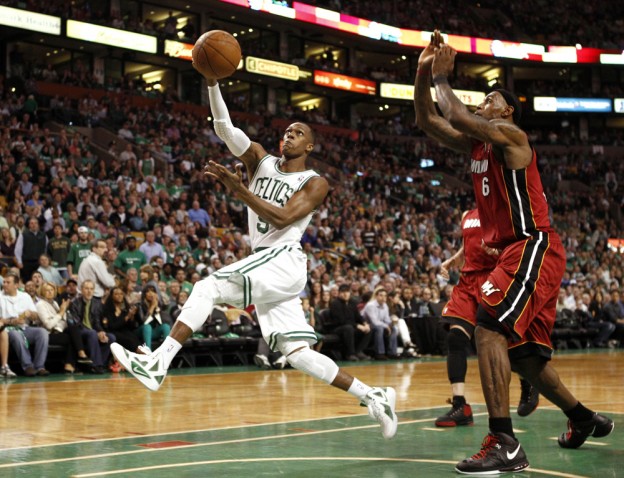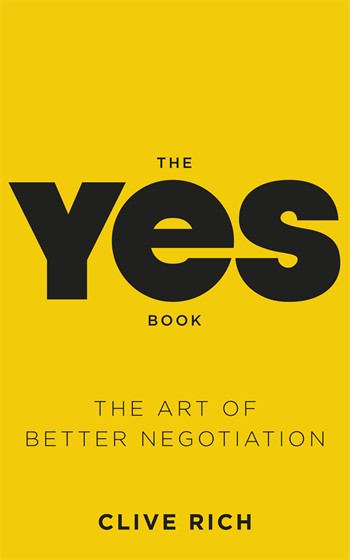 The 149-day NBA lockout ended last weekend with the players tentatively agreeing to a 50/50 split of league revenues (actually 49-51% based on certain ‘targets’ being met) – down 7% on their existing cut. This equates to a $3billion loss for the players over the 10-year agreement term. However, the players union actually secured several significant concessions during the final round of negotiations, notably regarding annual raises and salary cap exemptions. As players executive director Billy Hunter commented, “The parties settled the litigation because the owners either gave in or sufficiently compromised on all of the open issues.”
The 149-day NBA lockout ended last weekend with the players tentatively agreeing to a 50/50 split of league revenues (actually 49-51% based on certain ‘targets’ being met) – down 7% on their existing cut. This equates to a $3billion loss for the players over the 10-year agreement term. However, the players union actually secured several significant concessions during the final round of negotiations, notably regarding annual raises and salary cap exemptions. As players executive director Billy Hunter commented, “The parties settled the litigation because the owners either gave in or sufficiently compromised on all of the open issues.”
They still have a long way to go before a deal is ‘inked’ (as is highlighted by the fact that the season still isn’t scheduled to start until Christmas day) but both sides now feel confident the season will go ahead after all.
It seems as though the alternative to a negotiated deal being agreed here had become so bad that the pressures eventually told and both sides were forced to make concessions they had previously viewed as ‘unthinkable’. As Hunter said, “It was in both our interests to try and reach a resolution to save the game”.
Deadline pressure such as this often results in people being more realistic about their own objectives and needs. It can force them to re-evaluate their ‘official’ position and move them towards a more collaborative approach, where they are happy to enter into constructive dialogue about the needs of the other side. Note that this needs to be a ‘real’ deadline though, and not just something that is manufactured as a negotiating tactic. This is probably why it took until the actual start of the NBA season for the players and owners to get anywhere near agreeing a deal.
In this case, had a deal had not been reached, the players would have lost a season of salary ($2.2 billion) and the owners would have lost a season of revenue (at a much higher percentage for them than under the previous deal). There’s no point in continuing to fight over how to divide up the revenue pie if the pie is shrinking before your very eyes. It became obvious that a quick deal was the best outcome for all parties.
On top of that, the threat of ‘summary judgment’ was looming large – something which would undoubtedly have led to a huge loss for whichever side had not managed to convince the judge of its case. These factors, in addition to the fact that neither side truly wanted to damage the game by costing it a full season, meant there were enough motivating factors to get a deal done.

